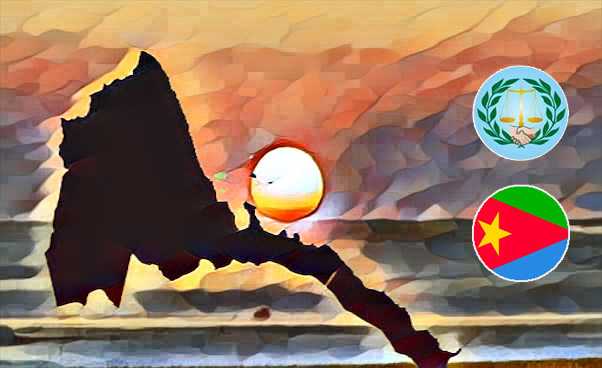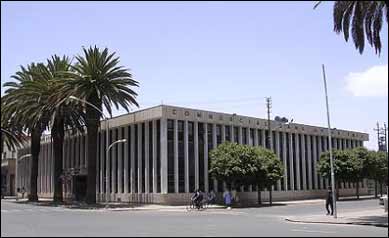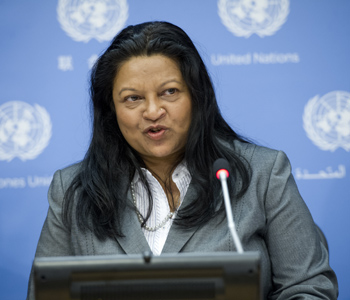ENCDC Expresses Its Support for the Eritrean Government in Exile

Eritrean National Council for Democratic Change (ENCDC) has expressed its support for the Eritrean Government in Exile (GiE) initiative.
In a letter dated July 7, the Chairman of ENCDC, Mr Negash Osman, also states that, as per the request of the initiators of GiE, he is delegating 3 individuals to work with them towards its implementation.
ENCDC, also known as “Bayto” or “Mejlis” in Tigrinya and Arabic, respectively, for “Congress”, is a coalition of Eritrean political parties, civil society organizations and other unaffiliated entities.
The initiators of the GiE are known as National Task Team.
In his letter, the Chairman of ENCDC also stated that parallel with its commitment to work for Government in Exile, the ENCDC will continue its work on its long-standing efforts to consolidate its relationship with the other political parties all of which are towards the same goal of strengthening the opposition.
The Government in Exile (GiE) proposal was advanced in February 2021 with the aim of creating a “unity government in exile” from political blocs, civil society organizations and “esteemed citizens.”
The political blocs would reflect the “Schools of Thought” of the Eritrean Liberation Front and the Eritrean People’s Liberation Front, the two organizations which fought for the independence and liberation of Eritrea from Ethiopian occupation.
Asked for his opinion on the response of the Congress, Saleh Younis, the chairman of the National Task Team, said that “this was long-awaited and very welcome news” which will motivate his team to work harder to win over “every Eritrean who thinks we are long past umbrellas and coalitions and deserve a representative government in the Diaspora to elevate our struggle, to speak with one voice, to speed up the pace of bringing a representative government inside Eritrea.”
Asked for next steps, Saleh Younis said that his team would work with the ENCDC delegates to “enrich and improve on the Concept Note and, in parallel, will work with those we call ‘Block 2’ in our internal deliberations (those from the EPLF School of Thought), as well as civil society organizations, with a special focus on those in Ethiopia, Sudan and the Middle East.”



Awate Forum